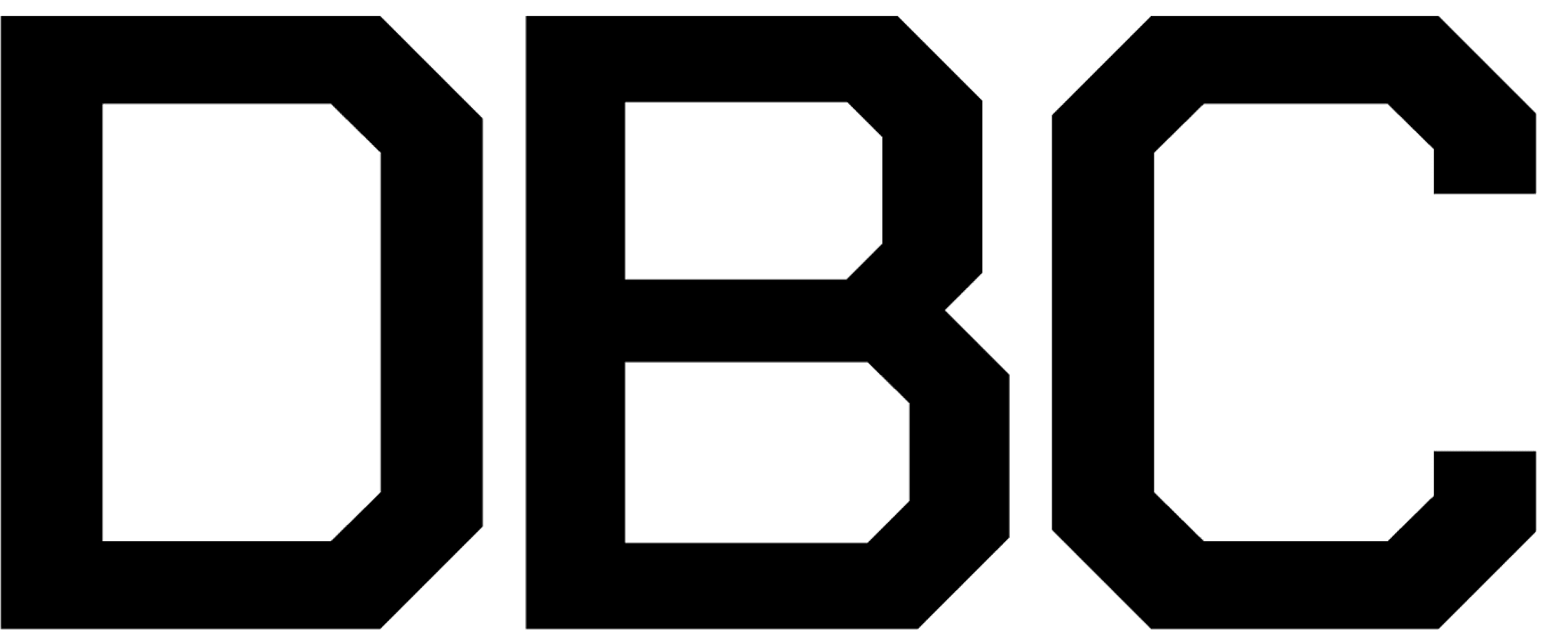2
min read
When it comes to talking about circadian rhythms, it’s safe to say that metabolism and nutrition are inevitably linked.
But what is this circadian rhythm talk after all?
There are predictable daily changes in our environment such as the sun rising and the sun setting - the daily light/dark cycle.
Our eating patterns have evolved based on this cycle, known as the circadian rhythm - your “internal timing systems”or “body clock”.
Our response to external factors like eating changes throughout the day - our bodies will use more calories to digest food in the morning than the evening. More on that in just a moment…
What is the link between nutrition and circadian rhythm?
Your body clock can be confused by traveling to different time zones, working late or overnight shifts and bright lights at night.But, did you know that not eating the right foods or eating at odd times can mess up your body's natural clock?
Irregular eating behaviors, such as skipping breakfast and late-night meals goes against our natural body clock.
Most of our bodies “work better” earlier in the day:
Your stomach and intestines work best in the morning
Your body digests food and uses energy better during the day
In the morning, your body handles sugar and burns calories more efficiently
Staying up late increases cravings resulting in the tendency to eat more
You can notice your body working better during the day. For example, it’s much easier to memorize information during the day than at midnight. This is a result of our circadian rhythm.
This also impacts the efficiency of our digestive system. Even though a Pink Lady apple will always have ~78 calories, eating it at 8 am at breakfast is different to eating it at midnight - your body will put more effort (burn more calories) into digesting that apple in the morning compared to eating it at midnight.
What are the consequences of circadian rhythm disorganization?
Eating habits that disrupt your body clock, like skipping breakfast and eating late, can lead to weight gain, insulin problems, and high cholesterol.
Based on what we’ve learned, here are strategies to maintain a healthy circadian rhythm to boost the results of your diet:
Prioritize food quality over quantity
Avoid high-fat meals, especially at night
Align energy intake with energy expenditure
Promote regular feeding/fasting cycles, with eating mostly earlier in the day
Keep a consistent routine - regular meal times and sleep
Avoid skipping breakfast
Avoid overeating at night
Minimize alcohol intake
Prefer coffee in the morning over nighttime
Consult a health professional for guidance if you decide to fast.
If you’re looking to maximize the efficiency of your diet, get in contact with our certified professionals.













